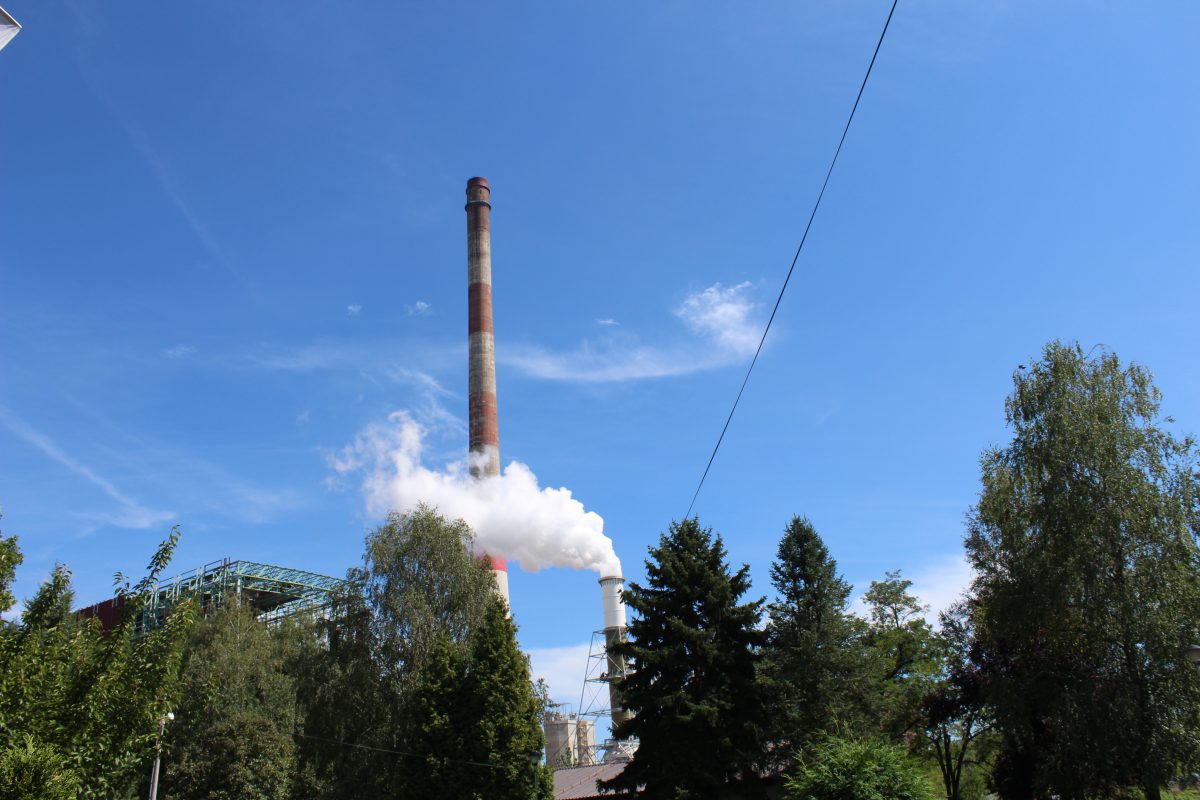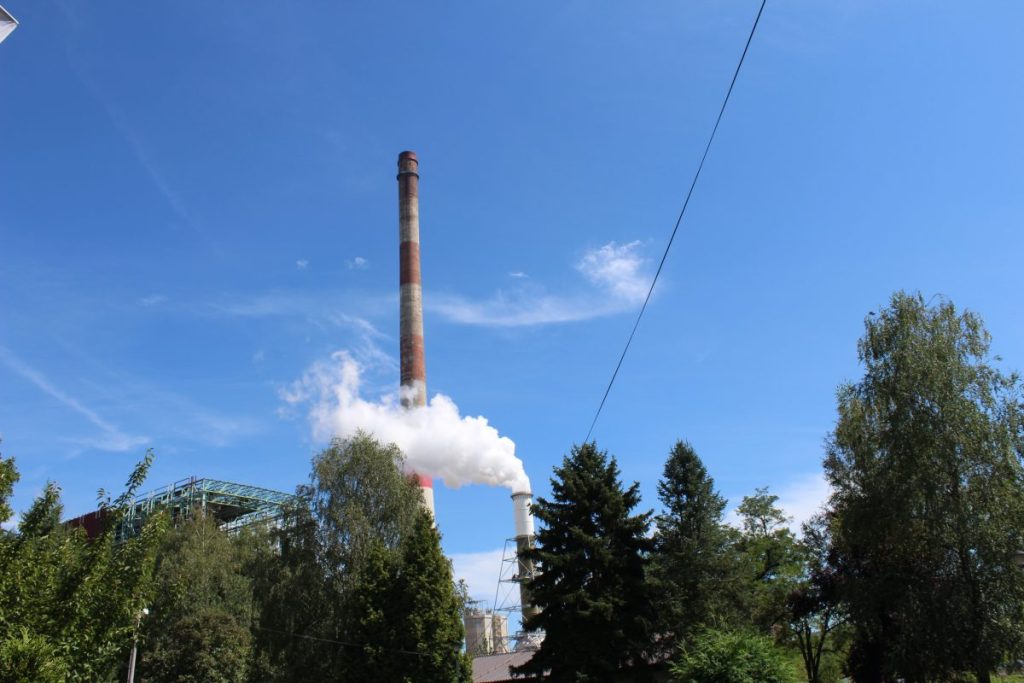-
In February last year, a contract was signed for the construction of a gypsum factory.
-
Until today, not a single brick has been laid.
-
The factory is important for the operation of the desulphurization plant.
BANJALUKA, UGLJEVIK – While the Prime Minister of Republika Srpska, Radovan Višković, is on an official visit to China and daily inundates the public with information about numerous meetings with potential investors, long-agreed deals with Chinese companies that were grandly announced are falling into oblivion and not being realized.

Rudnik i Termoelektrana (RiTE) Ugljevik invested 160 million marks in a desulphurization system, which is rarely used due to high costs.
The solution was offered by the Chinese company “BNBM,” which promised to build a factory for gypsum boards that would use gypsum as a byproduct in the desulphurization process, thus covering a significant portion of the costs and making the entire, expensive desulphurization system more cost-effective.
However, 14 months after the ceremony in Ugljevik where the construction of the factory was announced, the Chinese have not installed a single brick in the facility that RiTE management is waiting for in order to start the plant on which the health of not only Ugljevik and Republika Srpska, but also the whole of Europe, depends, considering the well-known polluting nature of the plant.
The deadline for completion is two years
Namely, the management of RiTE Ugljevik signed a contract with “BNBM” in February last year to establish a joint venture called “BNBM Eastern Europe” for the construction of a factory for gypsum board production and gypsum products.
The majority owner of this company, headquartered in Ugljevik, is the Chinese “BNBM” with a 90% stake, while the remaining portion belongs to RiTE Ugljevik.

Deadlines were clearly emphasized at that time.
“The investment value is 50 million euros, and the deadline for the factory completion is two years. We expect that 100 new workers will be employed as part of this investment. This is a big thing for the region, but also for the entire Republika Srpska”, said the then-director of RiTE Ugljevik, Čedomir Stojanović.
More than a year has passed since his words. According to him, the factory should have started operating in February of next year, but that won't happen.
Intentionally or not, Stojanović misled the public. This is confirmed by the information provided to us by Diko Cvijetinović, the new acting director of RiTE Ugljevik.
From what he told us, it can be concluded that the whole matter is still at the beginning.
He admits that the process came to a complete halt at one point, but also adds that he personally advocated for it to be resumed.
“Analyses and procedures have been conducted regarding the amount of gypsum we can produce. We have completed all of that and with the reports, we are going to the supervisory board and the shareholders’ assembly”, said Cvjetinović to CAPITAL.
However, property relations on the land have not been resolved yet.
“It is registered in the cadaster under the jurisdiction of the Rudnik and Termoelektrana Ugljevik, but it is not registered in the land registry, so an exposure needs to be carried out to resolve this and provide clean documentation for future investors. Since I took over, we have started this process at full capacity, but these are still some ongoing processes”, concluded Cvjetinović.
Đokić: We Did Not Limit Them
The Minister of Energy and Mining in the Government of Republika Srpska, Petar Đokić, who was present at the signing of the agreement, seems to have forgotten about the deadlines. In fact, he claims that there are no deadlines for the construction of the factory at all.
“There is no specific date or deadline. Nothing is fixed with a date, we did not impose any limitations”, says Đokić to CAPITAL.
He says that it is a large company that does not make decisions “overnight”, but rather thoroughly elaborates on each project, which, as he claims, is also the case here.
“I did not expect them to come and realize this project in a short period of time. It is very important that they have been the most serious so far in showing interest in it. We had previous discussions with other companies that would use gypsum as a raw material, which will be a significant burden in terms of disposal and deposition in the region in the future. We will fully support its realisation if the Chinese partner remains consistent in their intentions”, the Minister emphasizes.
In February of this year, Đokić met with the management of the company RiTE Ugljevik and representatives of the Chinese company “BNBM”. After the meeting, it was announced that the works were progressing according to the planned dynamics.

What is the plan, anyway? We tried to personally find out from the investor, but they did not respond to our questions.
A gypsum factory would be of great importance for RiTE Ugljevik. Namely, the costs of the desulphurization system amount to between 15 and 20 million marks annually.
In addition to covering part of the costs for its operation through gypsum sales, it would also solve the problem of gypsum disposal.
As a reminder, the desulphurization process produces 250,000 tons annually, which requires a large storage space.
Speaking on this topic, energy expert Nihad Harbaš says that everything should have been thought about earlier.
In his assessment, it is unacceptable to invest so much money in a system that is not operating at full capacity.
Regardless of when and if the Chinese will actually build the factory, he says that at some point the desulphurization system will have to be operated at full capacity.
“The system may not be economically viable at this moment, but in the future, there will be charges for CO2 emissions and it will have to function. We must not only consider the financial impact but also human lives, which are priceless”, he said.

CAPITAL: Dejan Tovilović

